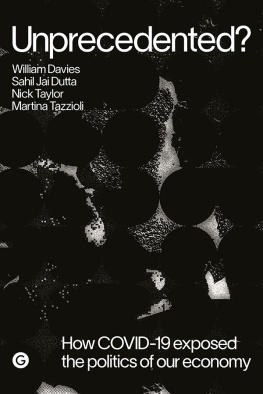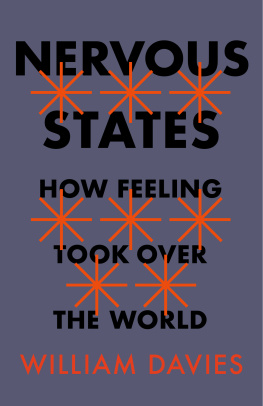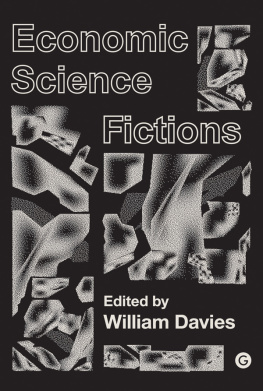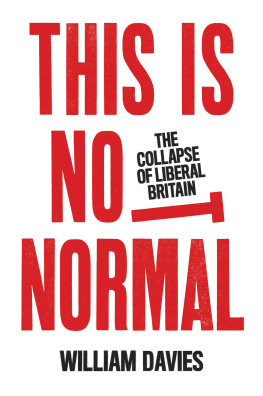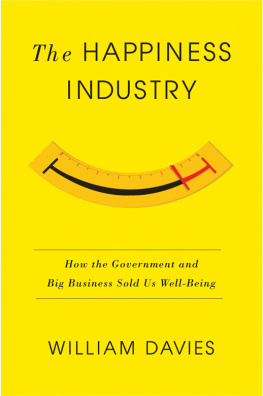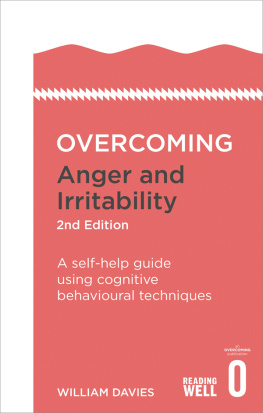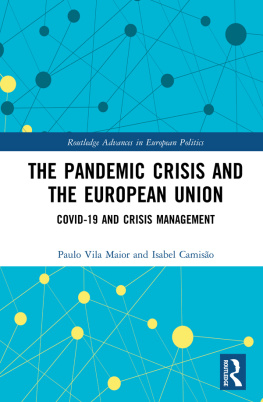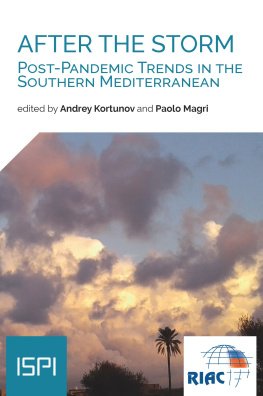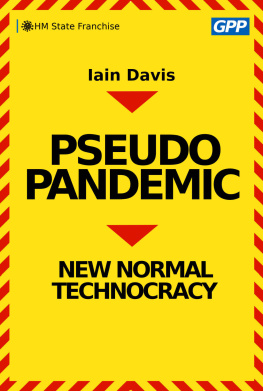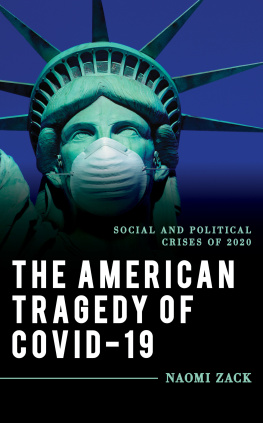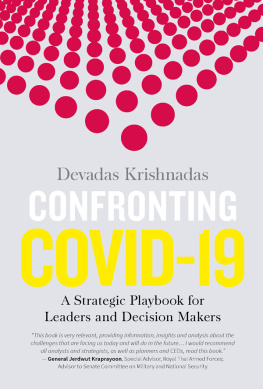Guide
Unprecedented?
Unprecedented?
How Covid-19 Revealed the Politics of Our Economy
by William Davies, Sahil Jai Dutta, Nick Taylor
and Martina Tazzioli

Copyright 2022 Goldsmiths Press
First published in 2022 by Goldsmiths Press
Goldsmiths, University of London, New Cross
London SE14 6NW
Printed and bound by Versa Press, USA
Distribution by the MIT Press
Cambridge, Massachusetts, USA and London, England
Copyright 2022 William Davies, Martina Tazzioli, Nick Taylor and Sahil Jai Dutta
The right of William Davies, Martina Tazzioli, Nick Taylor and Sahil Jai Dutta to be identified as the authors of this work has been asserted by them in accordance with sections 77 and 78 in the Copyright, Designs and Patents Act 1988.
Every effort has been made to trace copyright holders and to obtain their permission for the use of copyright material. The publisher apologizes for any errors or omissions and would be grateful if notified of any corrections that should be incorporated in future reprints or editions of this book.
All Rights Reserved. No part of this publication may be reproduced, distributed or transmitted in any form or by any means whatsoever without prior written permission of the publisher, except in the case of brief quotations in critical articles and review and certain non-commercial uses permitted by copyright law.
A CIP record for this book is available from the British Library
ISBN 978-1-913380-12-0 (pbk)
ISBN 978-1-913380-11-3 (ebk)
www.gold.ac.uk/goldsmiths-press

d_r0
Contents
William Davies is a Professor in Political Economy at Goldsmiths, where he is Director of the Political Economy Research Centre. He is author of This is Not Normal: The Collapse of Liberal Britain (Verso, 2020), Nervous States: How feeling took over the world (Jonathan Cape, 2018), The Happiness Industry: How the government and big business sold us wellbeing (Verso, 2015) and The Limits of Neoliberalism: Authority, Sovereignty and the Logic of Competition (Sage, 2014). He writes regularly for The Guardian and London Review of Books.
Sahil Jai Dutta is Lecturer in Political Economy at Goldsmiths and a member of the Political Economy Research Centre. His research focuses on British political economy, nancialisation, sovereign debt and public sector reform. He has published in Review of International Political Economy, the IPPR's Progressive Review, Tribune and OpenDemocracy.
Nick Taylor is Lecturer in Political Economy and Deputy Director of the Political Economy Research Centre at Goldsmiths. He researches and publishes on unemployment and welfare as well as on the political economy of green finance. His work has appeared in Area, Journal of Cultural Economy and Capital & Class.
Martina Tazzioli is Lecturer in Politics & Technology at Goldsmiths. She is the author of The Making of Migration: The biopolitics of mobility at Europes borders (Sage, 2020), Spaces of Governmentality (Rowman & Littlefield, 2015) and Tunisia as a Revolutionised Space of Migration (Palgrave, 2016). She is co-editor of Foucault and the History of our Present (Palgrave, 2015) and Foucault and the Making of Subjects (Rowman & Littlefield, 2016). She sits on the editorial board of Radical Philosophy and is an associate editor of Politics.
One of the abiding concerns of political economy, which distinguishes it from mainstream economics, is uncertainty. Ever since the Industrial Revolution, both the critics and advocates of capitalism have recognised it as an unusually dynamic system, which generates periodic upheavals, and is in turn transformed by the cultural, political, ecological and technological disruptions that it has contributed to unleashing. While these disruptions may be foreseeable and predictable in their broad outlines (though the visionaries are not always listened to), they exceed efforts to subject them to precise statistical analysis. Uncertainty, as the critics of neo-classical economics never tire of pointing out, is never entirely reducible to risk. The excitement and the danger of capitalism consists in the guarantee that, sooner or later, the unexpected will arrive.
Part of this dynamism derives from the forward-facing character of the capitalist system itself, the fact that it involves making investments whose return is not guaranteed, and entering contracts with parties (including workers) whose intentions and capabilities cannot be fully ascertained in advance. Under capitalism, investors and entrepreneurs who correctly anticipate the future, or else help shape it, are rewarded handsomely for their foresight, while those who get it wrong can be punished through losses and even bankruptcy. Yet even a system that celebrates constant change and innovation is reliant on secure and predictable institutions. Markets require rules, laws, norms of conduct and trust. Workers must be adequately skilled and turn up in workplaces in a predictable fashion. International agreements allow people, goods and services to cross borders in a peaceful and reliable fashion. Money and other financial instruments must be endorsed by social norms and the state, if their value isnt to be entirely obliterated by uncertainty. Uncertainty might be welcome, but not if it threatens to blow up the very foundations on which the system of investment, credit, employment and trade depends.
During periods of economic stability, it is possible to become preoccupied by the activities going on in markets themselves, like a sporting spectacle: the financial bets being made, the new products being marketed, whos up and whos down. Politics appears absent from the economy during these phases of relative calm. Only during the periods of the deepest uncertainty do the true underpinnings of the system become visible. These moments may be generated from within the economy itself, as occurred with the banking crisis of 2008, which revealed the extent to which states serve as the underwriters of the financial system. Or they may be triggered by forces that are not ordinarily considered part of the economy at all such as a novel coronavirus. In either case there is something valuable to be observed and learnt in moments of crisis: what persists, what sustains us, when the normal and predictable routines of economic life are suspended? Whose interests come first, and whose come last? Who is protected at all costs and who is left to their fate? The political nature of the economy becomes undeniable when the conventional motions of market societies grind to a halt. This book treats the Covid-19 pandemic as an opportunity to investigate the structures and political assumptions on which our economy rests, which are too often concealed and could become so again, if we allow them to be forgotten.
The economic collapse of 2020 differed from previous crises of capitalism in being, at least at the outset, deliberate: the This hiatus therefore offers potential insights to the implicit hierarchies of value that are attached to different people and institutions, but which are otherwise concealed or repressed.
Soon after Covid-19 first struck, its unequal socio-economic consequences were palpable. Mainstream media commentators recognised that this emergency shone a light on existing social divides. They tell us coronavirus is a great leveller its not, ran the opening sequence of an acclaimed BBC

